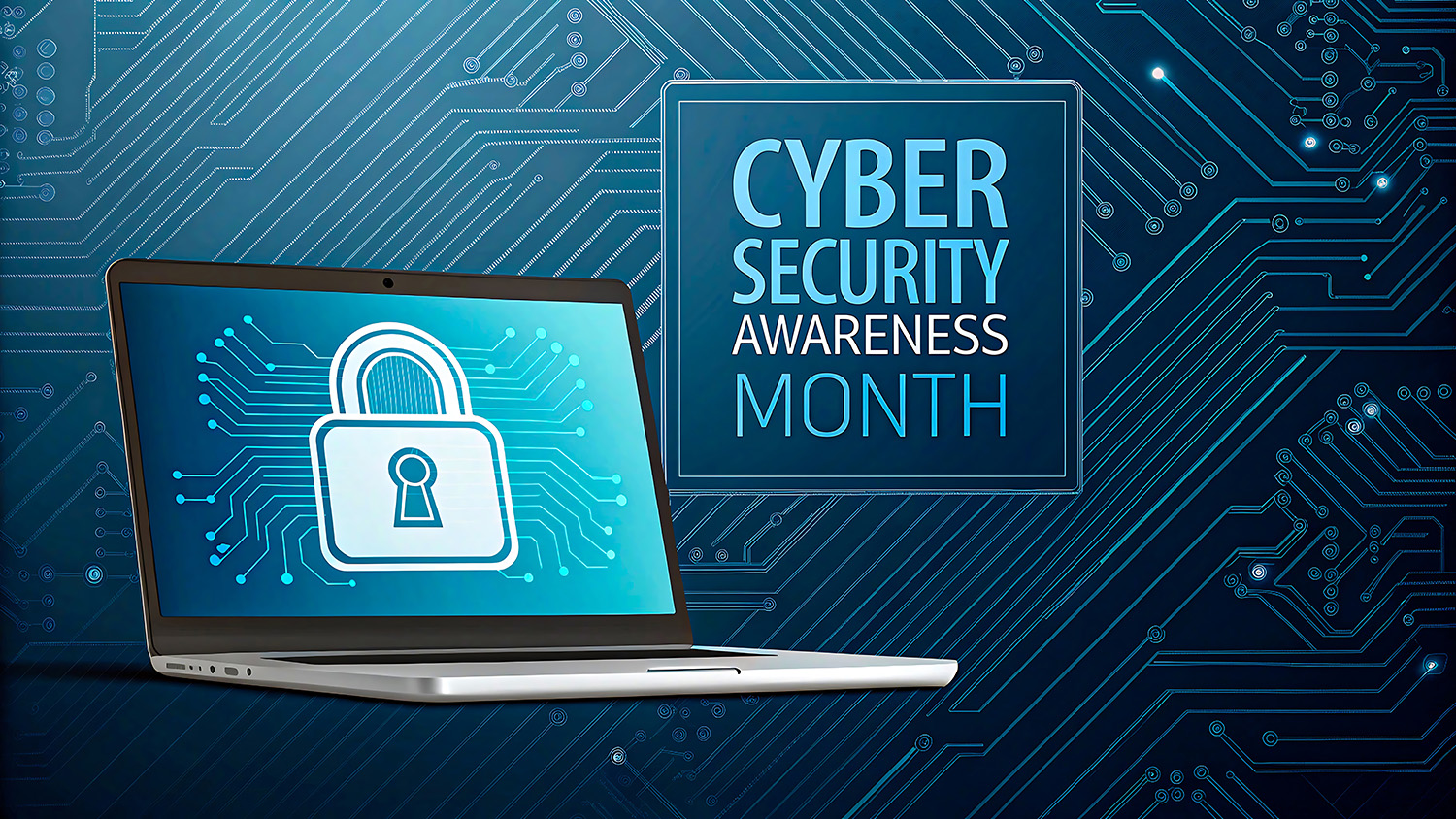
Your Cyber Insurance Questions—Answered by a Local Hauppauge IT Expert
Do you have cyber insurance questions, wondering why so many small businesses are suddenly being denied cyber insurance—or paying double what they did last year? You’re not alone. Premiums are rising, underwriters are becoming pickier, and more small businesses are dealing with policy denials than ever before. The problem? Most of the information out there is either legal-speak or insurance jargon that leaves you even more confused than you were when you started.
We’ve had more Hauppauge clients ask us about coverage requirements in the last six months than ever before. These are smart business owners who just want to know: “What do I actually need to do to stay covered?” So let’s cut through all the noise and give you some real answers to the cyber insurance questions for small businesses that matter most.
You deserve facts, not fluff. Let’s dive into what small businesses need for cyber insurance in 2025.
Can I Get Cyber Insurance Without Multi-Factor Authentication (MFA)?
Short answer: No, not anymore.
MFA has become one of the most common non-negotiables when it comes to cyber insurance policies. Think of it like wearing a seatbelt; you might have been able to get away without it years ago, but now it’s required everywhere.
Here’s why insurers care so much: Most data breaches start with stolen passwords. When a hacker manages to get your password, MFA is often the only thing that is standing between them and your valuable business data. Without it, you’re essentially telling your insurance company, “I left my front door unlocked, but please cover me if someone breaks in.”
What this means for your policy: Companies that don’t have MFA across all business accounts should prepare for:
- Automatic policy denial
- Premium increases of 50% or more
- Exclusion clauses that void their coverage for password-related breaches
Without MFA, insurers see your business as high-risk—and they price you that way.
The good news: Implementing MFA on an organization-wide basis isn’t as complicated as it sounds. A qualified MSP can set this up across all your systems (that means email, accounting software, cloud storage, and everything else), and they can usually do it in just a few hours.
Will Cyber Insurance Cover You If You’re Still on Windows 10 After End-of-Life?
This is one of the questions business owners have been asking lately.
The deadline: On October 14, Microsoft will stop providing security updates for Windows 10. After that date, any computer that is still running Windows 10 will automatically become what insurers call an “unsupported system.”
Why this matters for your cyber insurance policy checklist: Running unsupported operating systems is like driving a car that you know has brake problems. Insurance companies view this as reckless behavior and will not cover it. We’ve already seen policies with specific language that excludes claims when they involve unsupported systems.
Real-world impact: A manufacturing client of ours discovered their policy had a clause stating that any breach involving “systems running software beyond its support lifecycle” would lead to an automatic claim denial. That’s expensive language that could cost you everything.
The Windows 10 end-of-life impact on your coverage:
- Immediate risk of policy non-renewal
- Exclusion clauses in new policies that limit your coverage severely
- Higher premiums for businesses considered to be “high-risk”
- Potential claim denials if breaches involve outdated systems
Your options: Upgrade to Windows 11 or move to a supported alternative. This isn’t just about compliance; it’s about actual security. Unsupported systems will not get patches for new threats, essentially making them sitting ducks for cybercriminals. For insurers, that means your outdated systems are their excuse to deny coverage.
Need help planning your upgrade? Book a Priority Discovery Call to create a migration strategy that keeps you covered and protected.
Does Employee Cybersecurity Training Impact Your Cyber Insurance Coverage?
Yes, it does, and here’s why it matters.
Security awareness training isn’t just an insurance requirement anymore; it is now your best defense against the most common cyber threats. A high percentage of successful cyberattacks start with human error, whether it’s someone clicking on a malicious link, downloading infected files, or falling for a clever social engineering scam.
What insurers want to see:
- Regular training sessions (at least annually, but preferably quarterly)
- Phishing simulation testing
- Documentation of completion and results
- Updated training that covers the latest trends in cybersecurity threats
Think of it this way: You wouldn’t hire drivers without teaching them the traffic laws. Why would you give your employees access to your sensitive business systems without teaching them cyber safety?
Skipping training isn’t just risky—it signals to insurers that you’re not serious about security.
The MSP advantage: Most MSPs offer comprehensive security awareness training as part of their service packages. This includes simulated phishing emails that test your team in a safe environment, training on password hygiene, and recognition of social engineering attempts.
Real example: One of our Hauppauge clients avoided a $50,000 wire fraud attempt because their bookkeeper was able to recognize the red flags we’d trained them to spot. That training paid for itself in a single prevented incident.
Can You Still Get Cyber Insurance If You Don’t Meet Every Requirement?
This is where things get tricky, but you will still have some options.
Conditional coverage: Some insurers offer policies that come with higher deductibles or premium surcharges for businesses that are unable to meet every requirement immediately. Think of it as “probationary coverage” while you work toward reaching full compliance.
The risks of conditional coverage:
- Policy exclusion clauses that void your coverage for specific scenarios
- Much higher deductibles (sometimes 10x the normal amounts)
- Denied claims for incidents related to your compliance gaps
- Mandatory compliance deadlines with policy cancellation threats attached
In other words, you’re paying for ‘coverage’ that might not be there when you need it most.
The bottom line: Conditional coverage is better than no coverage, but it’s not a viable long-term solution. We’ve seen far too many businesses discover during a crisis that their “coverage” didn’t actually cover their specific situation.
Don’t wait for a claim to find out you’re not covered. The cost of meeting requirements up front is always lower than the cost of dealing with a denied claim later.
Who Helps Small Businesses Stay Compliant with Cyber Insurance Requirements?
Answer: That’s exactly what your MSP is for.
If you think about it, managing cyber liability insurance for SMBs requirements while running your business is like trying to be your accountant, lawyer, and IT department all at once. Is it possible? Maybe. Smart? Not. That’s why most SMBs hand this off to an MSP who knows exactly what insurers look for.
Here’s how the right MSP simplifies everything:
- Documentation for audits: We maintain detailed records of all your security measures, and this makes insurance applications and renewals straightforward instead of stressful.
- Monitoring and endpoint protection: EDR and backups for compliance aren’t set-it-and-forget-it solutions. They need constant monitoring, updates, and verification that everything’s working correctly.
- Patch management and backups: Keeping your systems updated and ensuring your backups work requires a level of ongoing attention that most business owners simply don’t have time for.
- Training and policy compliance: From employee training schedules to incident response plan updates, we handle the ongoing requirements that keep your coverage valid.
Think of us as your outsourced compliance department – we make sure you check every box, and then some.
For businesses in Hauppauge, this partnership approach can turn insurance audit readiness into a strong competitive advantage for your business. You focus on growing your business while we make sure your technological foundation meets every requirement.
What’s the First Step to Get Help with Cyber Insurance?
The first step is simple: Get a clearer picture of where you stand right now.
Most business owners think they know their compliance status, but they’re often surprised by what a professional assessment can reveal. Even the smallest gaps can become big problems during renewal season – or even worse, during an actual cyber incident.
Our Priority Discovery Call Process
- Current state assessment: We’ll review your existing systems, policies, and documentation.
- Gap analysis: Identify what’s missing and what needs improvement
- Prioritized action plan: We will work to create a roadmap that addresses your most critical issues first.
- Implementation timeline: We’ll show you exactly how to get from where you are to where you need to be.
This isn’t a sales pitch; it’s a strategic planning session. You’ll walk away with clear answers about your cyber insurance readiness, whether you choose to work with us or not.
For businesses in Hauppauge, local IT support for compliance means working with a partner who understands both the technical requirements and the local business environment.
Let’s Make Sure You’re Covered, Not Guessing
Your cyber insurance policy shouldn’t be a mystery or a risk. The questions we’ve covered here represent the most common concerns we hear from business owners in our area who want to do the right thing but aren’t quite sure what that looks like.
Reality is that cyber insurance requirements will only become stricter as insurers continue to learn from expensive claims. Businesses that get ahead of these requirements now are going to have the best coverage options and the lowest premiums when renewal time rolls around.
What small businesses need for cyber insurance isn’t rocket science, but it does require the right expertise and ongoing attention. This is where partnering with a qualified MSP can make all the difference.
We’ll help you break down exactly what’s needed, fix what’s missing, and prepare your Hauppauge business for renewal season and whatever cyber threats come your way.
Are you 100% confident your cyber insurance will hold up if you ever need it? Most business owners aren’t, and that uncertainty is expensive.
Book a Cybersecurity Readiness Assessment – Get a clear action plan before renewal season hits.
Download the Cyber Insurance Toolkit – Compare coverage options and spot hidden gaps.
Still have a question? Email us—we’ll give you straight answers, not a sales pitch.
Don’t leave your coverage to chance. The peace of mind is worth the conversation!



.jpeg)




































































.png)

.png)
.png)
.png)
.png)